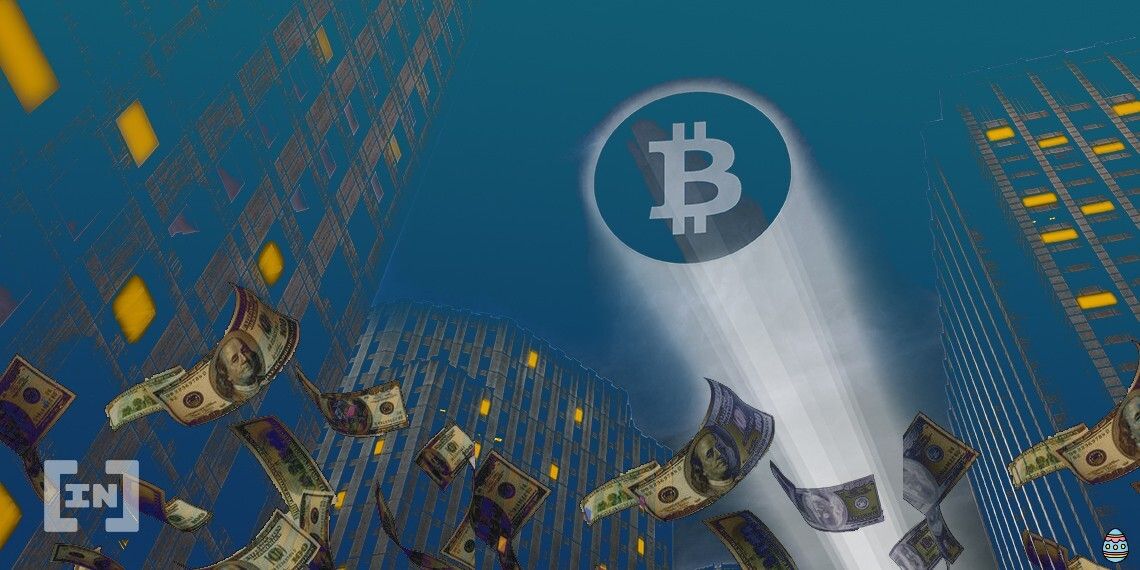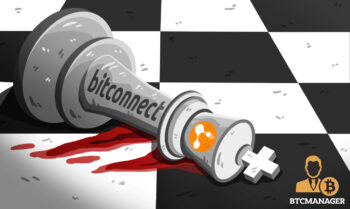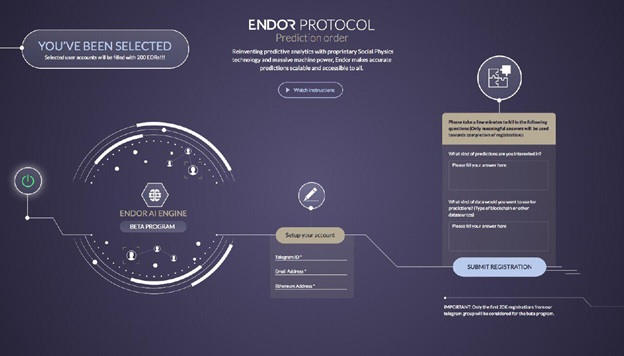2021-10-27 17:00 |
The gaming industry has always held huge amounts of potential, with a net worth of $56.9 billion of revenue, it’s bigger than music and film combined.
Now, a new kind of technology promises a fundamental shift in the way companies and studios will create and design games for the next generation of gamers: blockchain.
Though the most popular applications of blockchain come in the form of cryptocurrency or NFTs, its development has had revolutionary ripple effects across businesses, sectors, and industries. Here’s how it’s making its mark on one of the biggest industries in the global marketplace today.
Traditional gaming drawbacksBefore getting into how much of a positive impact blockchain can have on the way we game today, it’s important to understand the ways in which the current model doesn’t really work.
In traditional gaming models, gamers have limited agency, access, and ownership. In-game purchases have limited application and virtually no interoperability.
That means if users want to stop playing a game altogether, they’ll have sunk a lot of real-world money and resources into a company without much chance of compensation.
There’s also another side of gaming – the dark economy, which basically describes the process of old accounts that get sold and traded without original creators and studios being fairly credited or compensated. That’s where blockchain gaming comes in.
The blockchain gaming revolutionThe advent of blockchain onto gaming has really transformed the way the industry has begun to think about its own potential. While initially, blockchain-based games were created with basic rules and graphics in place, there’s been a surge of innovatively designed and thought-out games that are appealing to a whole new generation of players.
Here are some of the top advantages of playing on blockchain technology-based games:
Safe & secure: Using blockchain technology in online games prevents hacking, key-looting, and illegal trading, all of which are all too common in regular gaming models. Blockchain technology also keeps your identity completely secure and safe, so there’s an added sense of protection that isn’t present in traditional gaming models. Interoperability: Gone are the days where losing interest in a game means sinking all your costs into it. A vital element of blockchain games involves interoperability, which basically means you can use individual game assets across multiple games. Real-world value: the play-to-earn model of gaming has already proven to be hugely successful in countries such as the Philippines, where people have begun relying on these games for their daily income. It’s only a matter of time before this catches onto the rest of the world, too – with the ability to earn NFTs and actual cryptocurrency on highly playable games, why switch to a less profitable version?These features make a case for why blockchain technology is filling in the gaps of the gaming industry in ways most experts could never have even predicted, which explains the exponential growth of the sector.
UFO gaming spotlightWe’ve been talking in the abstract for a while now, so it’s good to begin thinking about real-world examples. UFO Gaming is a great example of exactly how blockchain-based gaming is innovating and forging a whole new economy within an already booming industry.
A fully decentralized social gaming platform built on the Ethereum blockchain, UFO Gaming places players within the ‘dark metaverse’, a closed-loop ecosystem consisting of different P2E games.
Players can then generate in-game assets, such as skins, armor, and weapons, which can be used to complete different quests. Gamers can purchase virtual land, treated as NFTs in the game, staked to earn rewards from the game’s revenue.
Players who purchase Virtual Land will also have voting rights for metaverse direction, creating a community of players who are truly invested in the growth and development of the game.
UFO Gaming is a great example of companies that are thinking outside the box to bring the full potential blockchain technology has to offer and apply it to engaging and visually rich games.
Blockchain-based gaming is only beginning to take off, and there’s no telling how far-reaching its potential might be. One thing’s for certain: its impact is going to be felt industry-wide, and really, it’s about time.
The post Blockchain Is Changing Gaming and Why That’s a Good Thing appeared first on BeInCrypto.
origin »Bitcoin price in Telegram @btc_price_every_hour
High Performance Blockchain (HPB) на Currencies.ru
|
|



















